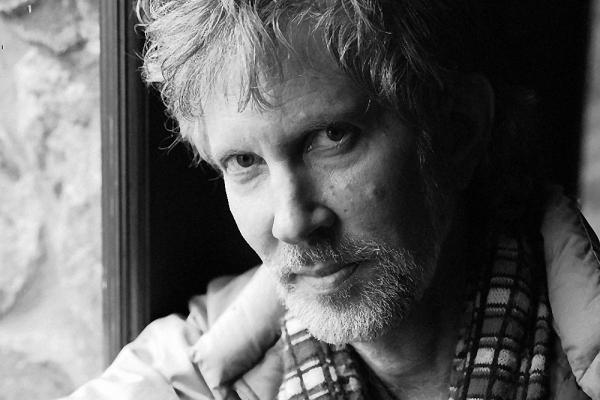He's a Hi-Res Star: Engineer Steve Hoffman on Remastering Four Deep Purple Classics

Mike Mettler: Why do you have special affinity for Deep Purple music from this era? Did you grow up listening to them?
Steve Hoffman: I love Deep Purple, all the way back to when I was a kid. You might say I was one of their first fans in the States, since I’ve been into them since 1968. I remember I was at Malibu Beach with my camp group—just hanging out, swimming, and listening to my little transistor radio. All of a sudden, a wolf howl came out of the radio: “Hush” was being played for the first time on our local radio station. I loved it immediately. I bought the 45, and have followed the band ever since.
Mettler: Tell me about the remastering process for these four albums. Were you given the original masters to work with? What shape were they in when you got them?
Hoffman: I had the British masters, yes. They were in pretty good shape. EMI-manufactured tape from that era has survived nicely, so there were no serious problems, for the most part. I didn’t need to do anything to get them in shape; I just threaded them up on the Scully tape deck and hit the PLAY button.
Mettler: All four of these albums have been remastered and reissued before. Did you have different ideas or goals as to how you wanted them to sound in relation to what's already been in the marketplace?
Hoffman: Well, I’m not a fan of the usual rock & roll style of remastering classic rock, which is too loud, too grainy, and too “removed from the original era” for me. I want to hear what the band heard during playback in the studio. I want to respect the sound the engineers and producers tried so hard to capture. And trust me, back in the day, DP was not an easy band to capture. Recording their style of music was almost unheard of back then. The engineers did not know how to really do it correctly. But I like the sound they came up with. I wanted to preserve that so the fans, including me, could hear the true sound of the master tapes.
Mettler: Are there specific songs you can cite that posed particular challenges for you in the remastering stage?
Hoffman: Believe it or not, DP might have been a wild rock & roll band at the time, but their recordings were no-nonsense correct, level-wise and tone-wise. In other words, the engineers were professionals who truly cared about what they were doing. I found that mastering DP was like a walk in the park compared to other nightmare albums I’ve worked on. My main goal was to keep the tonality of the original mixes intact while improving on them in small but good ways, like making sure the levels of the songs were correct in relationship to each other and not doing any sound tampering, like adding compression or radical tone EQ to any of the songs.
I spent the most time on [enunciates] “Woman From To-ki-yo” [i.e., “Woman From Tokyo,” from Who Do We Think We Are], because the original mix was totally lacking any bass foundation. So I built it up a little at a time until it sounded like a real band playing in a real space with real live sounds. That took some time. In fact, the entire Who Do We Think We Are album needed work like that. It was very thin-sounding, which was surprising after the rich tonality of both Machine Head and Made in Japan [the vaunted DP live album released in 1973].
Mettler: Machine Head was remixed in surround sound and came out on DVD-Audio in 2001 [and then remastered again in 5.1 as part of an import-only box set in 2012]. Are you familiar with that mix? Was there any thought given to doing a surround mix yourself for this one, or any of the other albums here?
Hoffman: I didn’t play the surround mix of Machine Head but once, just quickly to hear what they did. Of course, I’d love to take a shot at it myself, using more of an audiophile approach with more dynamics.
I like surround sound, but I always have trouble imagining what the consumer is listening to a carefully crafted surround mix on. If the consumer doesn’t have his system right or the speakers are maladjusted or whatever, he’s not getting my mix the way I mixed it. That drives me crazy. So much can go wrong at the consumer level with surround playback. That said, I’d love to remix the entire DP catalog in surround. It would be so much fun for me. After all, it's my job to make it all sound good when I’m remastering. If I didn't love the stuff, I'd have a terrible time of it!
An extended version of this interview appears on Mike Mettler’s own site, soundbard.com.





























































